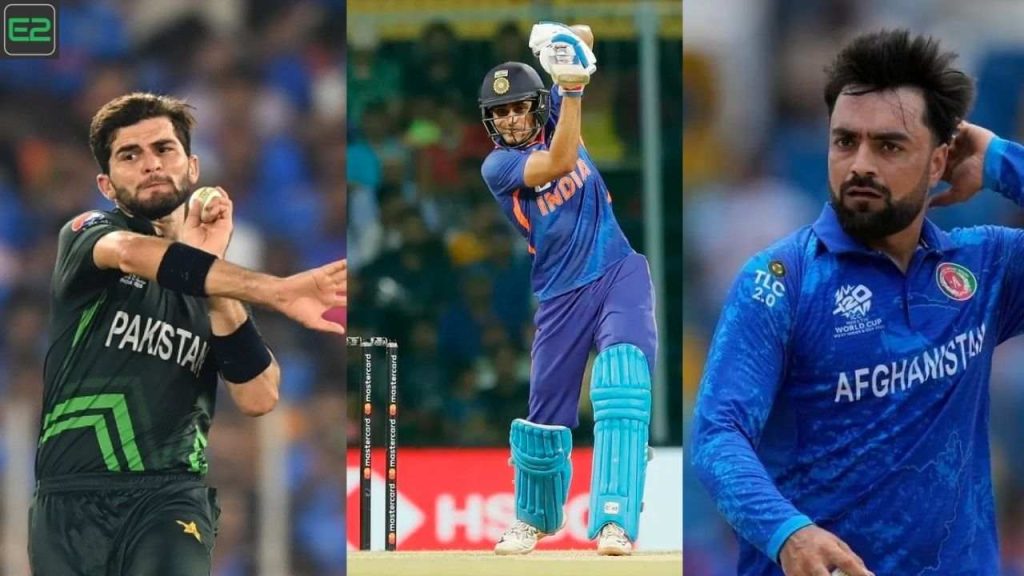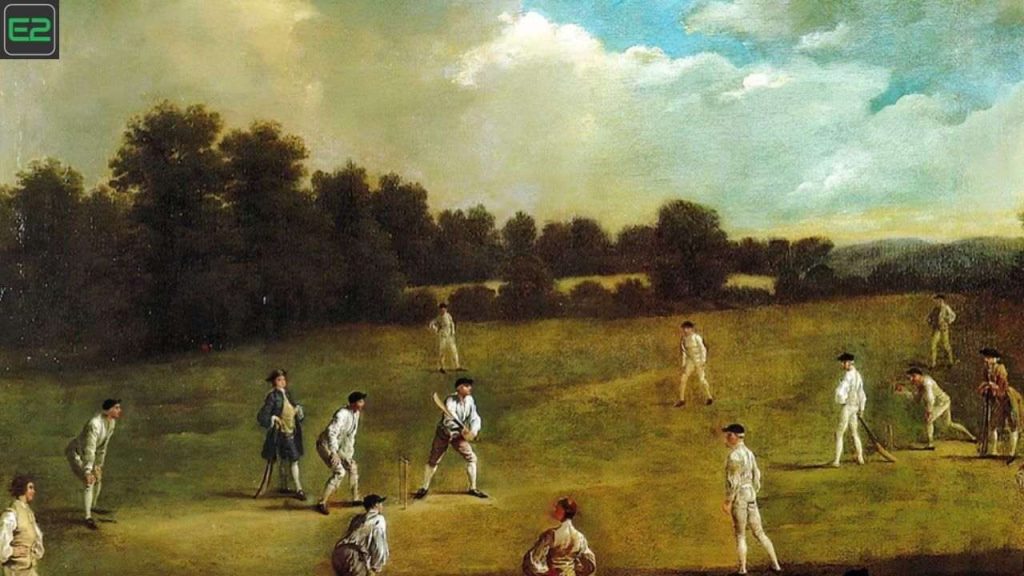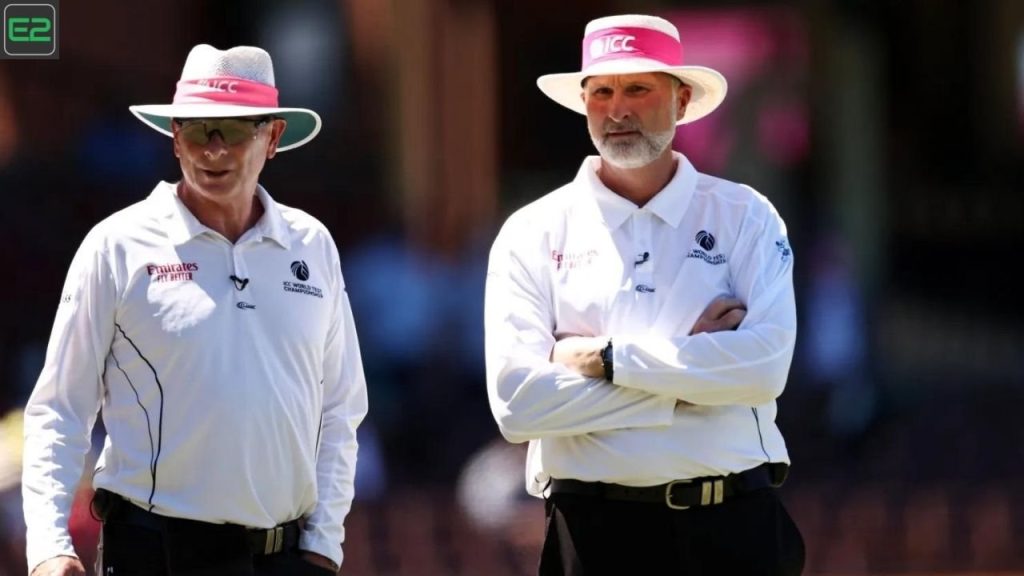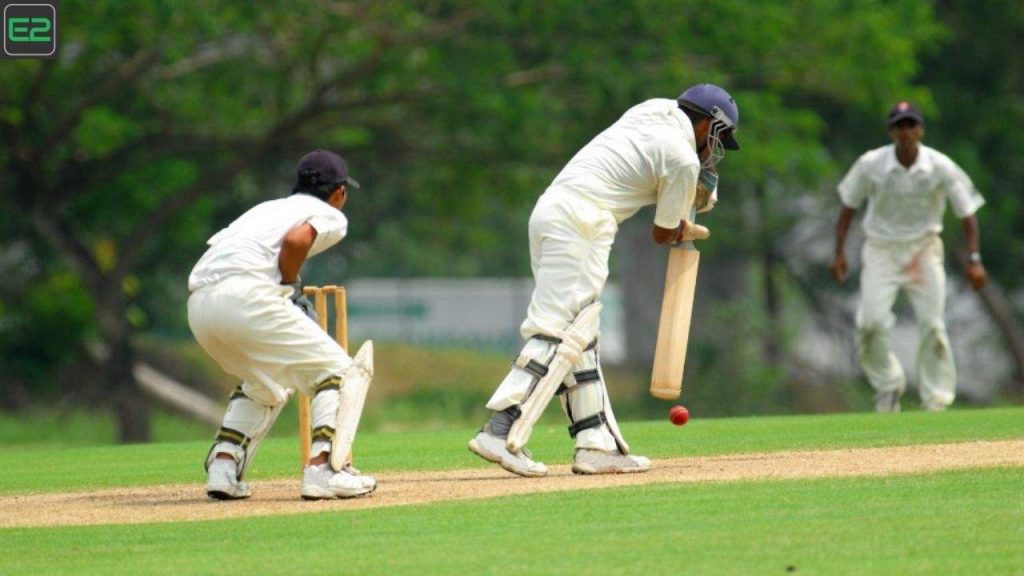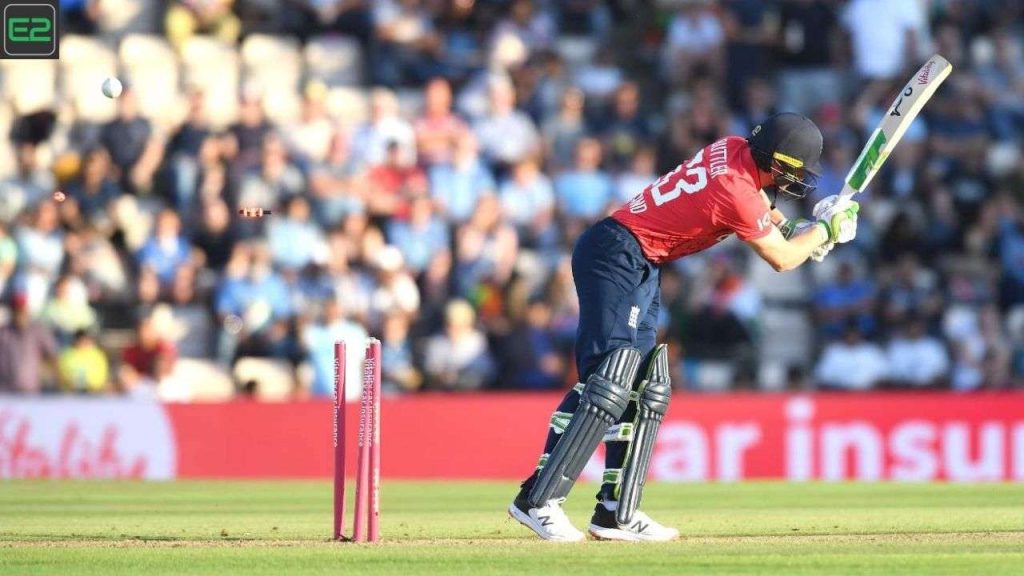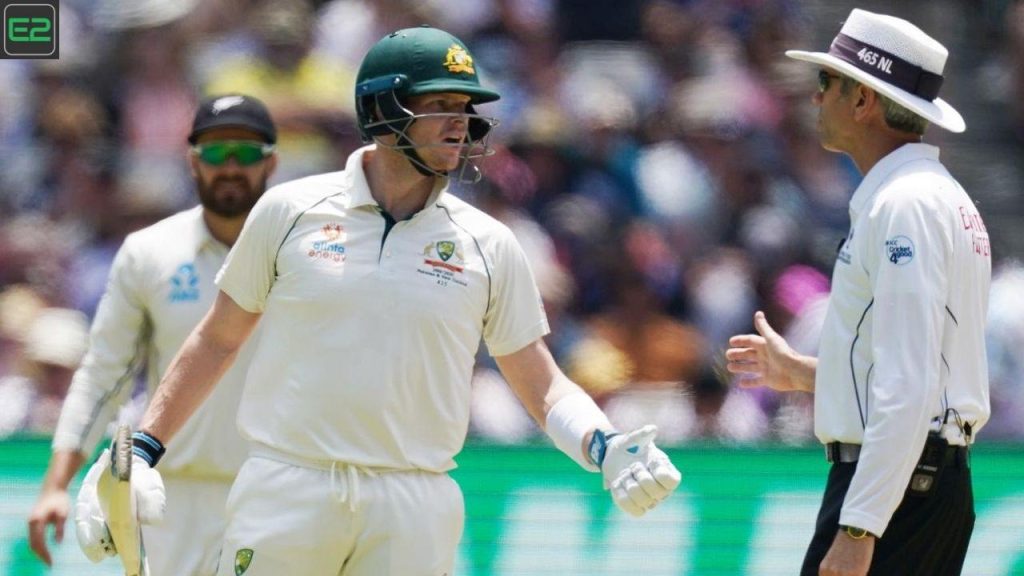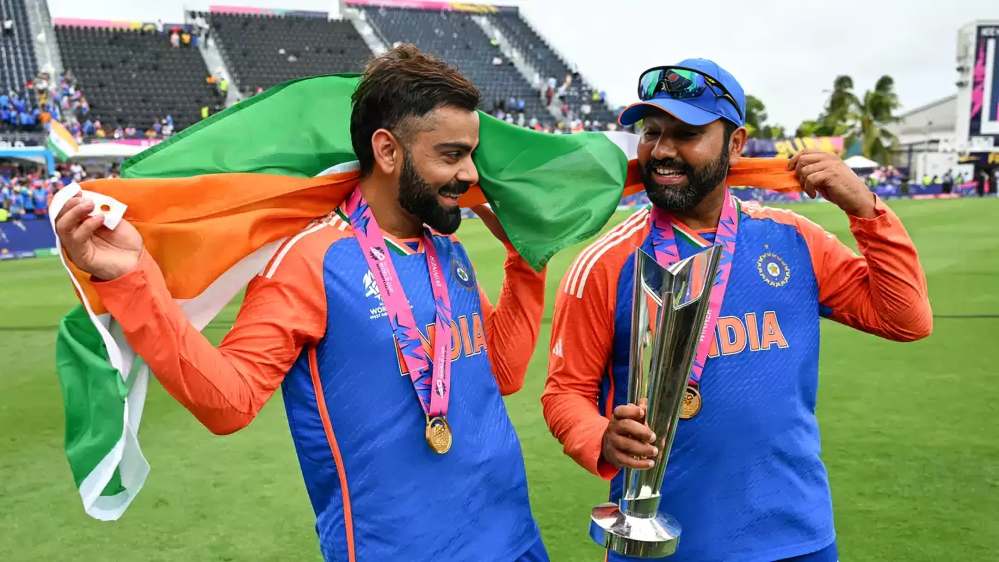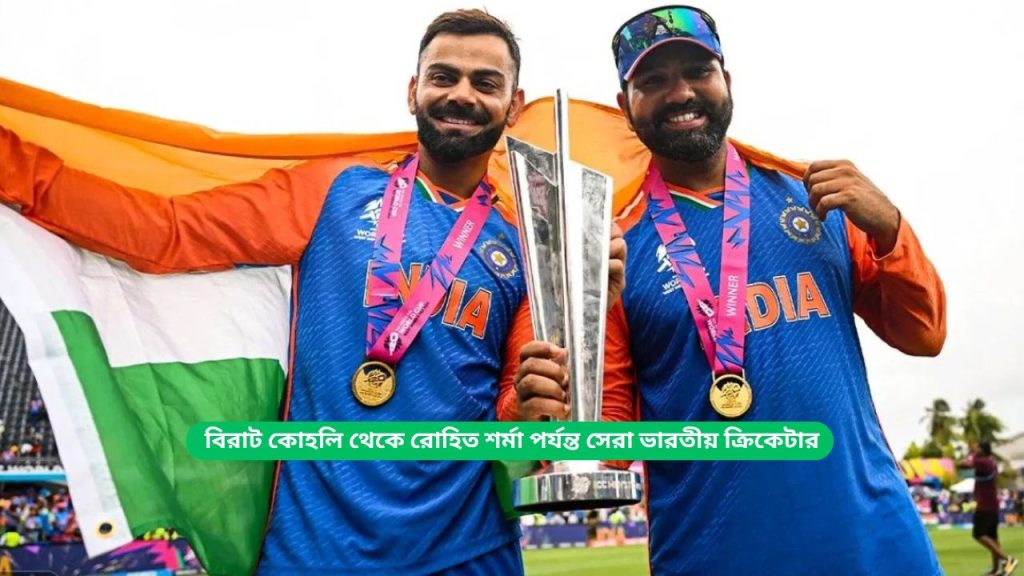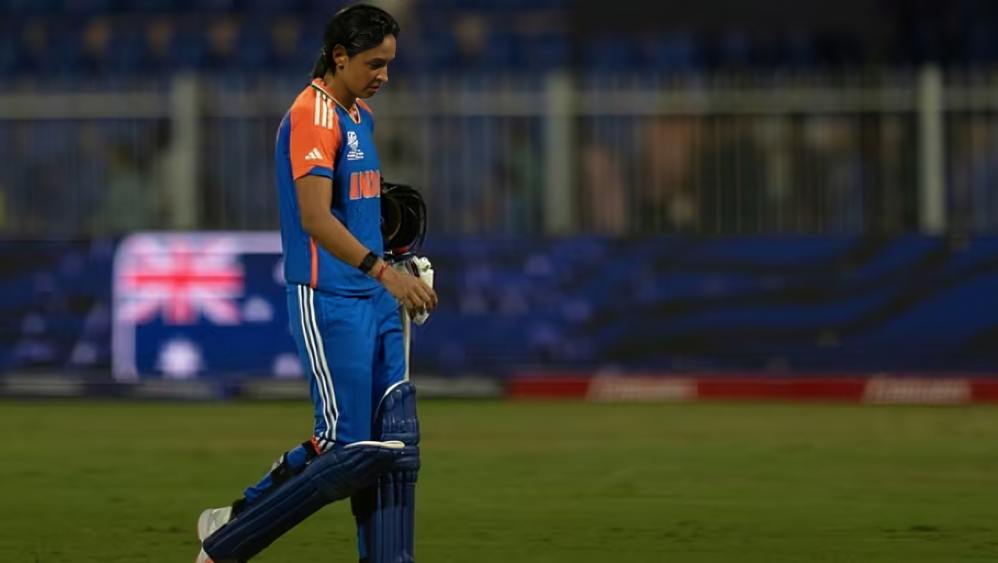Why Pakistani Cricketers Are Not Playing in the IPL: The Indian Premier League (IPL) has become one of the biggest and most lucrative cricket tournaments in the world, attracting top talent from every cricketing nation. Yet, despite its immense global popularity, one notable absence stands out — the absence of Pakistani cricketers. While players from nearly every major cricketing nation feature in the IPL, Pakistan’s star players have not been part of the action since the league’s inception in 2008. This curious exclusion raises several questions, and the reasons for it are rooted in both historical and political contexts.
Why Pakistani Cricketers Are Not Playing in the IPL
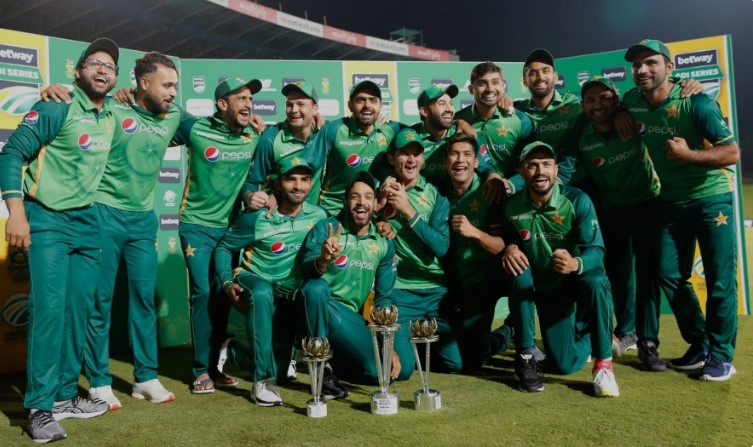
1. Political Tensions Between India and Pakistan
The primary reason behind Pakistani cricketers not being part of the IPL lies in the strained political relations between India and Pakistan. Over the years, the two countries have experienced frequent diplomatic tensions, including wars, territorial disputes, and incidents of terrorism. Cricket, being a highly popular sport in both nations, has often been caught in the crossfire of these political issues.
In 2008, the Mumbai attacks, which were allegedly carried out by Pakistani-based militants, significantly worsened relations between India and Pakistan. In the aftermath, the BCCI (Board of Control for Cricket in India) suspended all cricketing ties with Pakistan. This included a ban on Pakistani players participating in the IPL, despite the initial inclusion of Pakistani cricketers in the first season of the tournament.
2. The Initial Inclusion of Pakistani Players
In the inaugural season of the IPL (2008), several Pakistani cricketers were part of the competition. Players like Shahid Afridi, Shoiab Malik, Umar Gul, and Mohammad Asif were drafted by various franchises. However, following the political climate in 2009, the situation took a dramatic turn.
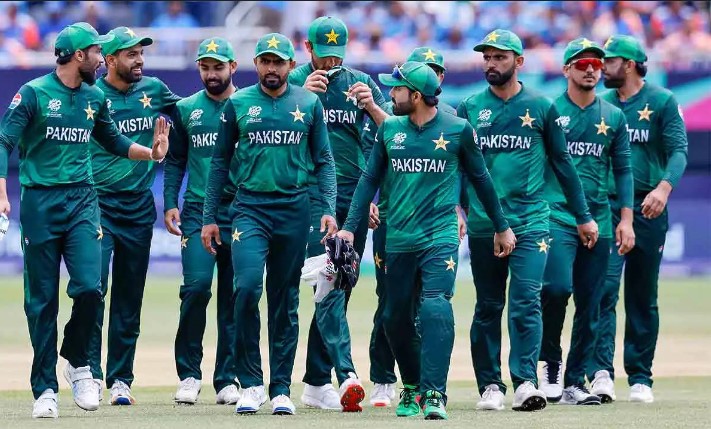
In 2009, amidst the continuing tensions between India and Pakistan, the IPL governing body decided not to allow Pakistani cricketers to participate in the tournament. This decision was a direct result of the volatile political situation, and it effectively ended the presence of Pakistani players in the league.
3. The Ongoing Ban and Its Impact
Despite the passage of time, the IPL’s stance on Pakistani players has largely remained unchanged. While other foreign players from countries with historical or political issues with India, such as Sri Lanka and Afghanistan, have continued to participate, Pakistani cricketers have remained on the sidelines. The BCCI’s decision is often seen as a reflection of India’s broader foreign policy towards Pakistan, particularly in the realm of sports diplomacy.
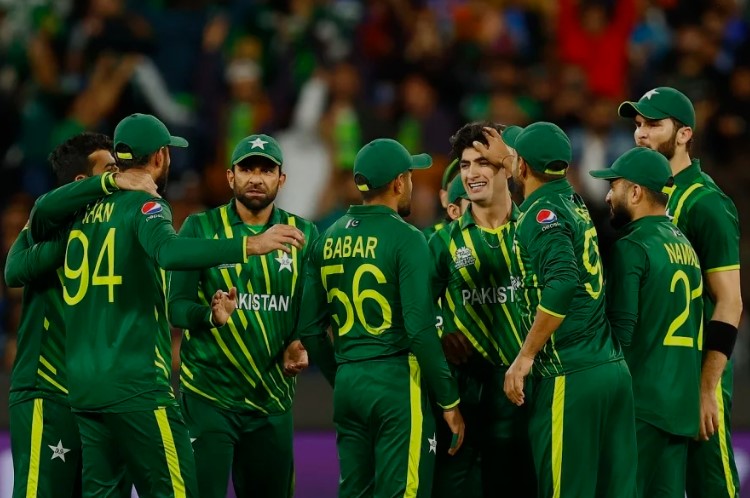
One notable consequence of this exclusion is that Pakistani players, despite their talent, miss out on one of the most financially rewarding cricket leagues in the world. IPL contracts can be worth millions of dollars, and playing in the league offers cricketers global recognition and career opportunities. The absence of Pakistani cricketers has kept them from showcasing their skills on such a grand stage, which, in turn, affects their international standing and marketability.
4. The Impact on Pakistani Cricketers and Fans
The exclusion has had a deep impact on the Pakistani cricketing community. Fans in Pakistan have long expressed frustration at their players’ inability to play in the IPL, seeing it as a missed opportunity for both players and the country’s cricketing prospects. Pakistani cricketers such as Shahid Afridi, Wasim Akram, and Mohammad Amir, among others, have been highly regarded on the global stage, and their absence from the IPL has been a point of contention for many.
For the players themselves, not being able to play in the IPL means missing out on one of the best platforms to hone their skills, gain exposure, and earn substantial sums. The absence also limits their interaction with some of the world’s best cricketers and deprives them of the valuable experience of playing in front of large, passionate audiences, as well as against top competition.
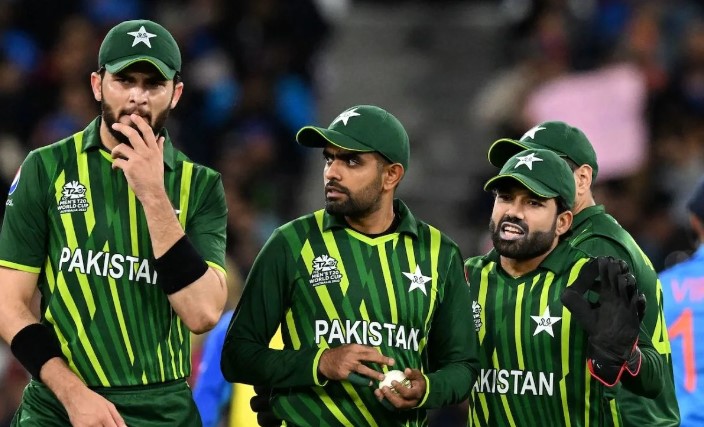
5. Pakistan’s Limited Cricketing Engagement with India
The issue of Pakistani players not being part of the IPL is part of a larger problem related to the lack of bilateral cricketing series between India and Pakistan. Since the early 2000s, India and Pakistan have rarely played each other in a full bilateral series due to political and security concerns. This lack of interaction between the two teams limits the exposure of Pakistani players in the Indian market and prevents them from showcasing their talents to a broader audience.
The IPL, as a domestic tournament, has only added to this divide. While the BCCI has consistently said that the decision to exclude Pakistani cricketers is based on the prevailing political situation, it has also opened doors for players from other nations who might not have the same political baggage.
6. Changing Dynamics and Potential Future
While the political situation remains a key factor in the continued exclusion of Pakistani cricketers, there are signs that things may change in the future. Cricket diplomacy has always been a means of soft power, and some have argued that resuming cricketing ties between India and Pakistan could open the door for greater collaboration in events like the IPL. However, such a move would require significant thawing of diplomatic relations and would have to be carefully negotiated.
There have been some recent instances where Pakistani cricketers have made their way into the Indian cricketing ecosystem through different channels. For instance, players like Shoaib Akhtar and Wasim Akram have been involved in commentary and analysis during IPL broadcasts, bridging the gap between the two nations in a non-competitive manner.
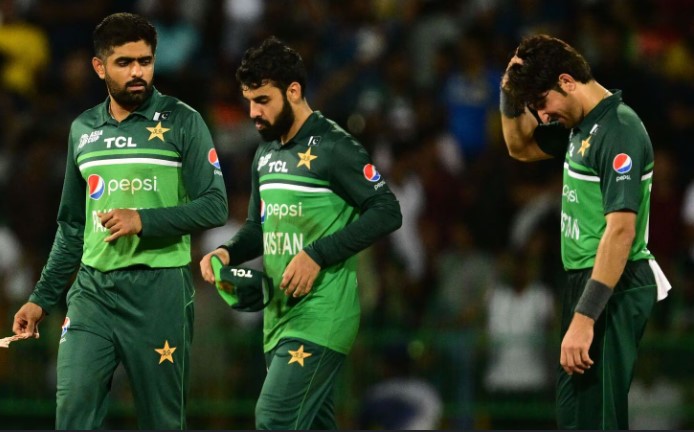
In 2021, during the T20 World Cup, India and Pakistan played each other in a high-profile match, which was one of the most-watched events in the history of the game. This reflected a growing appetite for cricketing interactions between the two nations, although it remains uncertain whether this could translate into Pakistani players being allowed into the IPL.
The absence of Pakistani cricketers in the IPL is largely the result of political tensions between India and Pakistan that have shaped the course of cricketing relations. While the IPL has grown to be a global phenomenon, the situation remains delicate when it comes to cricketing ties between the two countries. Until the political landscape shifts, it seems unlikely that we will see Pakistani cricketers in the IPL anytime soon. However, the world of cricket is always evolving, and future developments in cricket diplomacy could yet open the door for greater collaboration in the years to come.
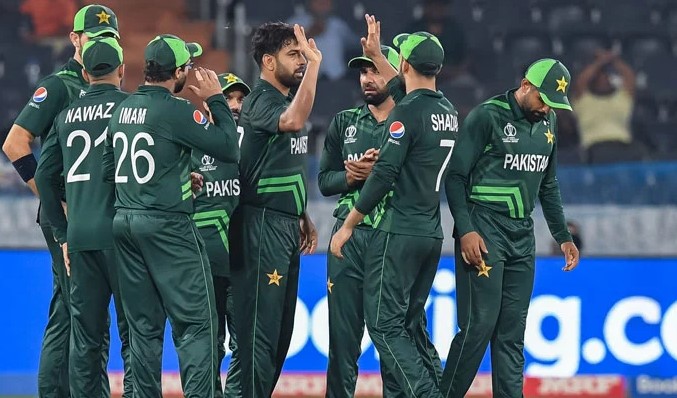
You will have fun playing exciting games on here: E2Bet
Here Are Some Helpful Tips:



